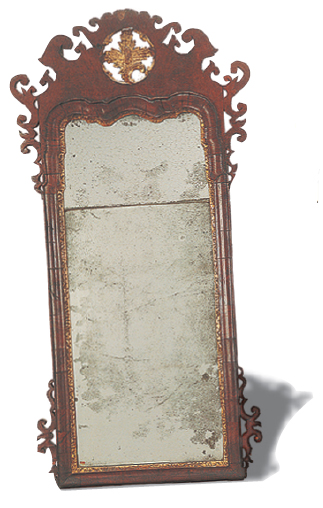5.7.1 Commerce and Consumption.
Printed Page 119 Chapter Chronology
Commerce and Consumption. Eighteenth-century commerce whetted colonists' appetites to consume. Colonial products spurred the development of mass markets throughout the Atlantic world. Huge increases in the supply of colonial tobacco and sugar brought the price of these small luxuries within the reach of most free whites. Colonial goods brought into focus an important lesson of eighteenth-century commerce: Ordinary people, not just the wealthy elite, would buy the things that they desired in addition to what they absolutely needed. Even news, formerly restricted mostly to a few people through face-to-face conversations or private letters, became an object of public consumption through the innovation of newspapers and the rise in literacy among whites. With the appropriate stimulus, market demand seemed unlimited.

The Atlantic commerce that took colonial goods to markets in Britain brought objects of consumer desire back to the colonies. British merchants and manufacturers recognized that colonists made excellent customers, and the Navigation Acts gave British exporters privileged access to the colonial market. By midcentury, export-oriented industries in Britain were growing ten times faster than firms attuned to the home market. When the colonists' eagerness to consume exceeded their ability to pay, British exporters willingly extended credit, and colonial debts soared. Imported mirrors, silver plates, spices, bed and table linens, clocks, tea services, wigs, books, and more infiltrated parlors, kitchens, and bedrooms throughout the colonies. Despite the many differences among the colonists, the consumption of British exports built a certain material uniformity across region, religion, class, and status.
The dazzling variety of imported consumer goods also presented women and men with a novel array of choices. In many respects, the choices might appear trivial: whether to buy knives and forks, teacups, a mirror, or a clock. But such small choices confronted eighteenth-century consumers with a big question: What do you want? As colonial consumers defined and expressed their desires with greater frequency during the eighteenth century, they became accustomed to thinking of themselves as individuals who had the power to make decisions that influenced the quality of their lives.